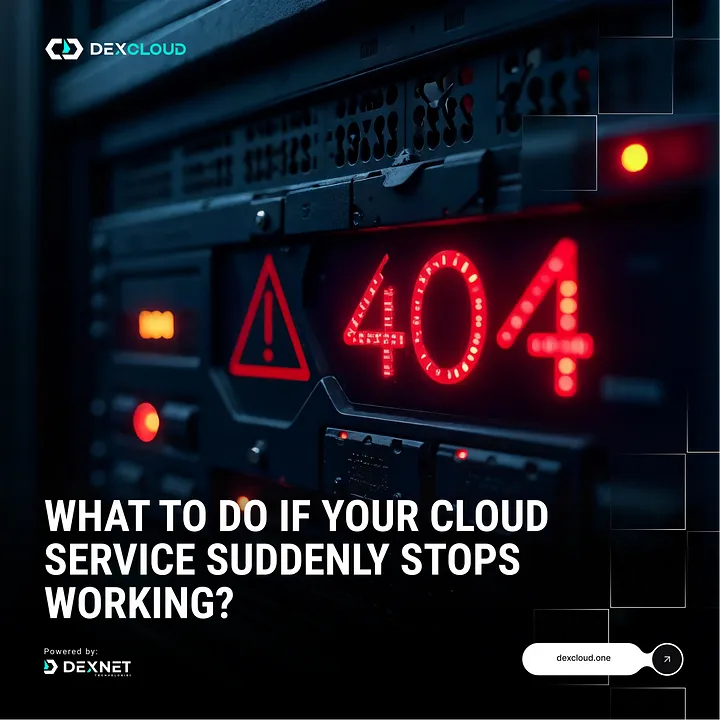What to do if your cloud service suddenly stops working?
 Dexnet
Dexnet
Have you ever tried to open an important file only to see an error message? Or logged into your cloud storage and found it completely empty? Problems with centralized services happen more often than you think — and not always due to hacker attacks.
When file access is just an illusion
We like to believe that cloud services are a safe place to store our data. Photos, documents, work projects — it’s all stored “somewhere out there” and should be accessible at any time. But the reality is different: even the largest platforms are not immune to outages, technical failures or human error.
Here are some real-life incidents where data security was compromised:
📌 2022 — Pegasus Airlines data leak due to employee error. The SafetyDetectives team discovered that 6.5 TB of airline data, including flight charts, navigation materials, crew personal information and software source code, were publicly accessible. The cause? A misconfigured cloud storage system. Potential damage: the exposure of thousands of passengers’ data and a fine of up to $183,000.
📌 2023 — Tesla’s largest data breach caused by former employees. Two ex-employees leaked 100 GB of confidential Tesla documents to the media, including the personal data of 75,000 people, customers’ financial information, and company production secrets. Potential GDPR fine: $3.3 billion. Cause? Insufficient access control after employee termination.
📌 2022 — Theft of Slack’s code repositories due to a compromised third-party vendor. Hackers stole Slack employees’ credentials and gained access to the company’s internal resources via GitHub. Slack did not disclose the vendor’s name, but the incident exposed weaknesses in account monitoring and security protocols.
Why does this happen?
Cloud services operate on a centralized model, meaning all data is stored on a company’s servers. This creates multiple vulnerabilities:
🔸 Single point of failure. If a server crashes, your data may be lost.
🔸 Human error. Engineer mistakes or system updates can cause disruptions.
🔸 External interference. Server attacks or internal company policies may restrict your access.
Simply put, as long as your data is stored in a centralized system, you don’t have full control over it.
DexCloud — the alternative where your files belong only to you
What if you had a guarantee that access to your files wouldn’t depend on someone else’s servers? That’s possible with DexCloud — a decentralized solution that redefines data storage.
How it works:
🔹 Your file is split into fragments and distributed across independent nodes.
🔹 Only you have the key to reassemble the file.
🔹 Even if one node fails, other copies remain available.
Conclusion
Centralized services can fail, delete files on their own terms, or even disappear entirely. But there is an alternative. DexCloud is not just cloud storage — it’s the new standard of digital security.
Your files should belong only to you. Take control of your personal data!
0 заметок
Subscribe to my newsletter
Read articles from Dexnet directly inside your inbox. Subscribe to the newsletter, and don't miss out.
Written by
